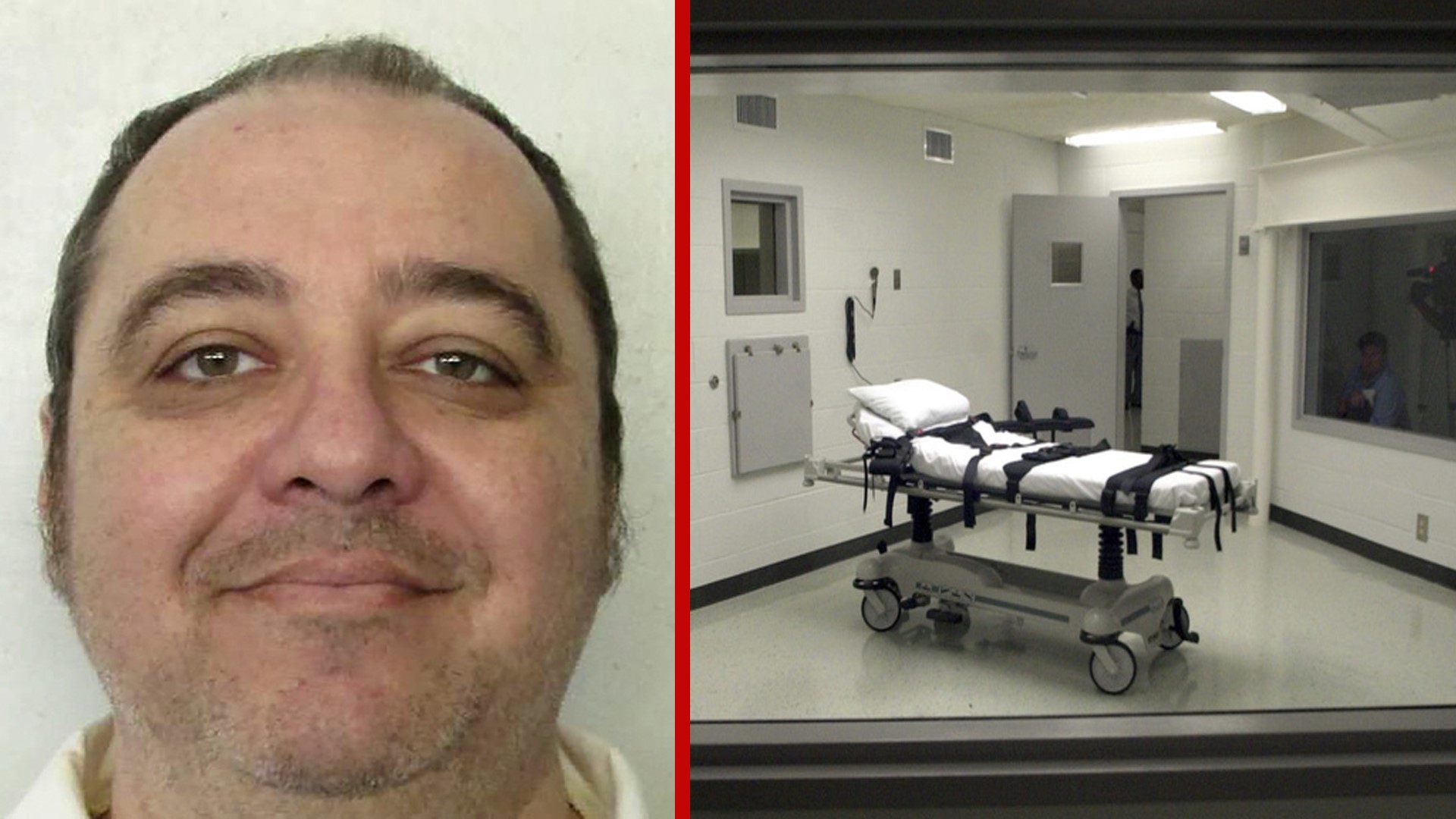
Kenneth Eugene Smith, an Alabama inmate, faces the prospect of being the first person in the United States to be executed using nitrogen hypoxia, a method never before employed. The U.S. Supreme Court has already denied Smith’s request for a stay, rejecting his claim that a second execution attempt following a failed lethal injection in 2022 would be unconstitutional.
Smith, 58, has another legal challenge pending in the 11th U.S. Circuit Court of Appeals, which is currently considering his appeal to block the execution. This comes after a federal judge’s decision on January 10 allowed the execution to proceed. Smith’s legal team has argued against the use of nitrogen hypoxia, labeling it an experimental method and raising concerns about the risk of a painful death or complications such as choking.
The state of Alabama, represented by Attorney General Steve Marshall, remains confident that the execution will go ahead as planned. This case is being closely watched as states across the U.S. seek alternatives to lethal injection, the most common execution method, due to the increasing difficulty in obtaining the necessary drugs.
The 11th Circuit recently asked a federal judge to review new information about Smith’s health, particularly his consistent vomiting, which could potentially complicate the execution. However, U.S. District Judge R Austin Huffaker Jr decided that this new information would not alter his earlier decision to let the execution continue. He noted that Smith’s concerns are speculative and based on a series of unlikely events. According to the prison warden, Smith will be restricted from eating solid food after 10 a.m. on the day of the execution to minimize risks.
This situation follows a failed attempt to execute Smith by lethal injection in 2022, where difficulties in establishing intravenous lines led to the procedure being called off.
Smith and another man were convicted for the murder-for-hire killing of Elizabeth Sennett, a preacher’s wife, in 1988. The case had a profound impact on the small community in north Alabama. Smith’s co-defendant, John Forrest Parker, was executed in 2010.
As the legal proceedings continue, the outcome of Smith’s appeal and potential execution method is being closely monitored, marking a significant moment in the history of capital punishment in the United States.



 and then
and then